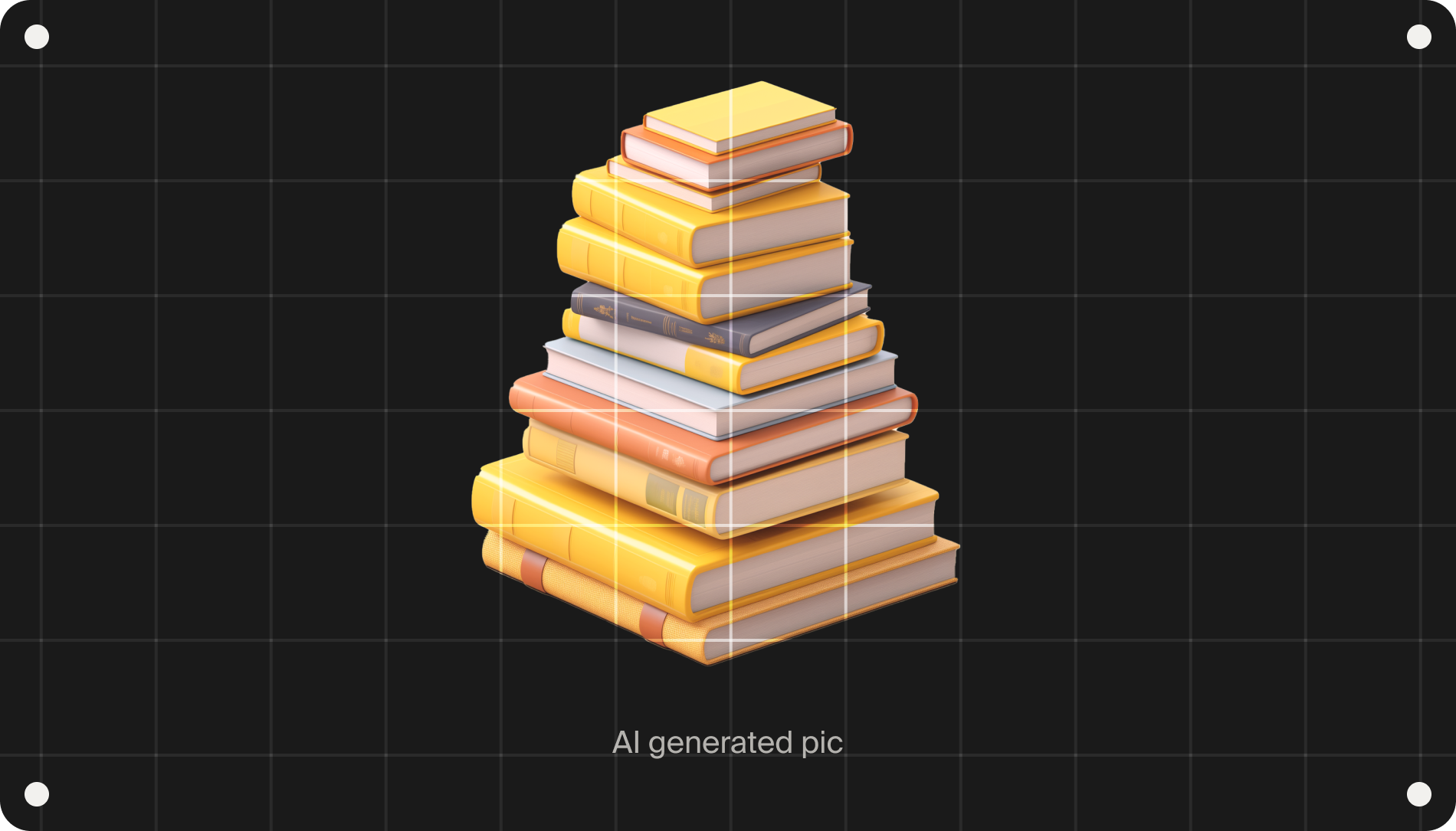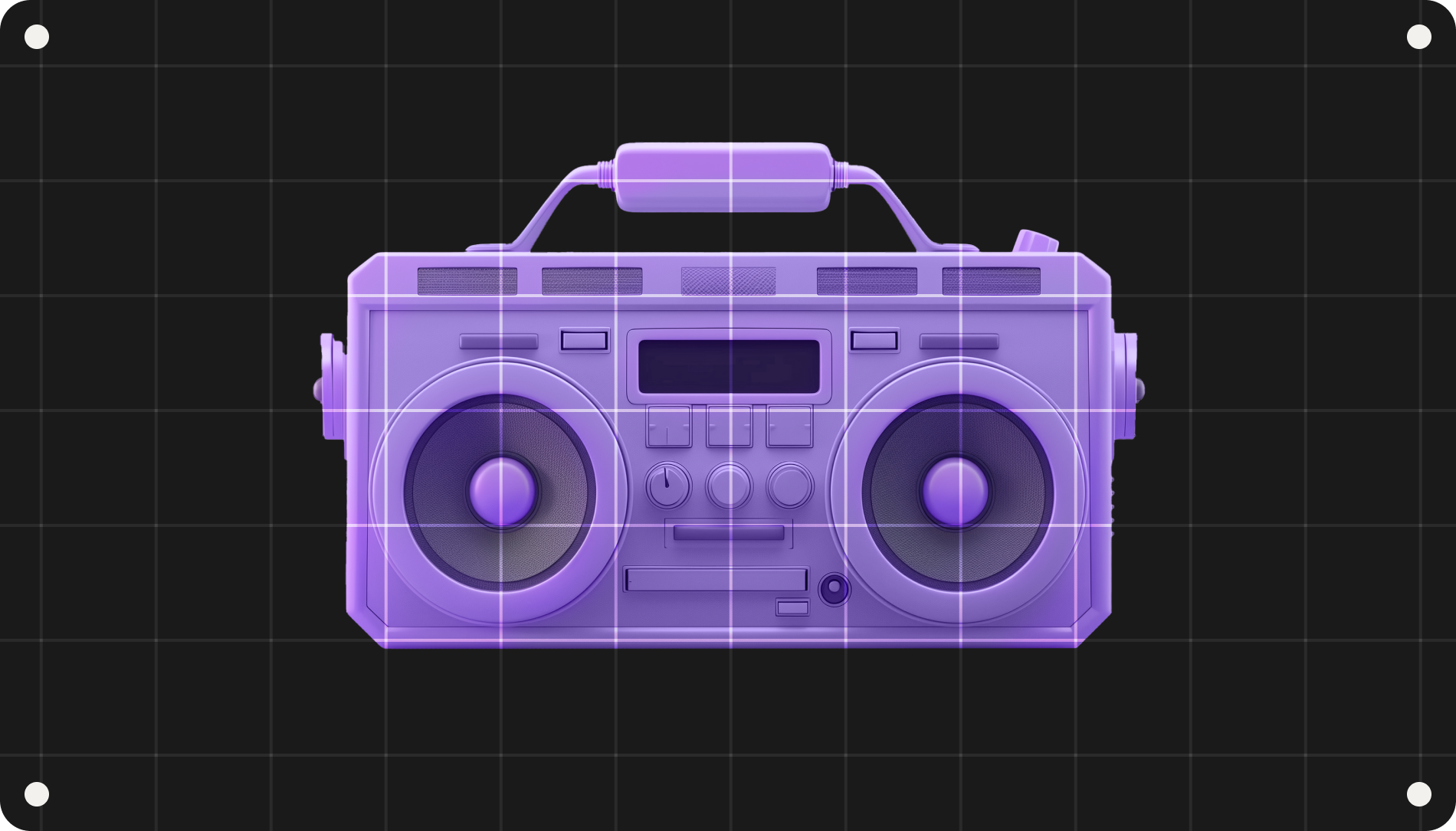If you’ve set your sights on learning JavaScript to advance your career path, you’re not alone. JavaScript — also known as JS — is one of the most widely used programming languages in the world, with over 63% of developers utilizing its features and coding to build websites.
But you might be wondering, “How long does it take to learn JavaScript?”
Here’s what you need to know, including what factors influence the time it takes to learn JS and how to make your JavaScript learning journey enjoyable and efficient.
What is JavaScript?
The programming language was developed in 1995 by Brendan Eich in conjunction with Netscape. The company, which owned the web browser Netscape Navigator, wanted a language that would create a more dynamic user experience on the web as opposed to the static web page experience that was common during this time.
So JavaScript was born, and now over 98% of sites across the web use the language to run their client-side experiences.
Skills needed for JavaScript
Fortunately, you don’t need a ton of programming experience to dive into learning vanilla JavaScript (that is, pure JavaScript without any additional frameworks or libraries). But you should have a few technical skills under your belt. These include areas like:
- Interest in programming languages
- Knowledge of full stack vs. front end vs. back end engineeringFull-Stack Developer vs. Software Engineer: Unraveling the Differences
- Understanding of general web development and online coding principles
- Awareness of web design and user experience best practices
You should also have some soft skills in your arsenal if you want to become a master at JavaScript and set yourself up as a company’s top candidate among the ranks of JavaScript developers. These can include:
- Problem-solving
- Critical thinking
- Communication
- Project management
Prerequisites to learning JavaScript
In addition to some general computer and soft skills, you’ll need to meet a few upfront prerequisites to help you become a full-time web developer with JS, such as:
- Firm grasp of coding languages HTML and CSS
- Basic understanding of client vs. server-side scripting
- Working knowledge of JavaScript frameworks, libraries, and tools
- Solid understanding of programming concepts like loops, variables, and functions
- Familiarity with asynchronous programming
How to learn JavaScript
You’re probably still wondering, “How long does it really take to learn JavaScript?” The answer is, “It depends.”
You can take at least three different routes to learning vanilla JavaScript. Let’s break them down:
Get a computer science degree
If you Google “How many hours to learn JavaScript,” you’ll get a bunch of different responses. However, most people would agree that the longest way by far is to attend college for a computer science degree.
This method of learning JavaScript will take you a minimum of 2-4 years, depending on the institution you attend. Traditional colleges and universities often require 3-4 years of credits before you can graduate with a degree in computer science, whereas community colleges might reduce how long it will take you to learn the programming language by a couple of years.
However, college isn’t for everyone, either in terms of their preferred method of learningCollege vs. Bootcamp: Which Learning Model to Choose, their stage of life, or their desire to expedite their JavaScript learning experience. Instead, some might prefer one of the other two typical ways of becoming an expert at JavaScript.
Teach yourself JavaScript
You can always go the DIY route if earning a computer science degree isn’t for you. Teaching yourself JavaScript is a legitimate way to earn the knowledge you need to become a web developer and advance your career more quickly.
So how long does it take to learn JavaScript this way? On average, it could take you anywhere from 3-6 months depending on how dedicated you are.
You can certainly gain an entry-level, working knowledge of JavaScript from 2-3 months, but if you want to work your way towards becoming a full-time, master developer, you’ll need to expect at least 6 months of self-training. This includes dedicating at least an hour every day to learning and practicing JavaScript.
The easiest way to teach yourself JavaScript is by reading booksThe 4 Best Coding Books Every Beginner Should Own, enrolling in online certifications or courses, or watching videos. Here are some of the most recommended books across the web for JavaScript beginners:
- A Smarter Way to Learn JavaScript
- Eloquent JavaScript
- JavaScript & jQuery
- JavaScript: The Definitive Guide
- Head First JavaScript Programming: A Brain-Friendly Guide
You can also check out videos and certificates to learn JS. Here are some suggestions on how to get started:
- Look for offerings from recognized brands or institutions. For example, IBM offers a 6-month self-paced certificate on full-stack JavaScript development. The University of California, Davis has a JavaScript for Beginners online specialization, and Harvard has a free online course about web programming with JavaScript.
- Head to YouTube and enter search phrases like “javascript for beginners,” “learn javascript for beginners,” or “javascript tutorials.” The quality and depth of these videos will vary, so you might have to watch several videos to learn the information you need.
- You can also turn to online learning websites and platforms to find free or cheap JavaScript tutorials. Like YouTube, these courses may or may not be as in-depth or hands-on as you’d prefer.
Enroll in a coding bootcamp
Finally, let’s look at another way to learn JavaScript: signing up for a coding bootcamp.
However, unlike a college class or a book, bootcamps often go beyond basic knowledge and learning and provide you hands-on experience in valuable job skills.
As such, a JavaScript bootcamp will not only teach you everything you need to know to get started with the programming language, but will also prepare you for your future career in software development.
How fast can you learn JavaScript in a bootcamp? Very fast. You’ll be more than knowledgeable in JS within 1-2 months tops, with the added benefit of having job-ready training to add to your resume. This is significantly faster than the time it takes to learn JavaScript through an associate or bachelor’s degree, and can even be quicker (and more beneficial) than beginner-level books and courses.
It’s important to note that not all bootcamps will focus on just one topic, and some allow for more flexible learning over longer periods. For example, our software engineering bootcamp for beginners takes 10 months because it is part-time and teaches more than just JavaScript (which you will indeed learn — both the basics and advanced applications). Other modules cover topics beyond vanilla JavaScript, like HTML, CSS, React, and back-end basics. Additionally, our bootcamp runs a bit longer because we teach soft skills, provide career coaching, support your job search, and more.
Learn JavaScript with TripleTen
You can learn everything there is to know about JavaScript from a variety of sources. But if you join our software engineering program for beginners, here’s what you’ll get:
Overall, JavaScript is one of the most popular coding languages to know if you want to become a software engineer. Now that you know how long it will take you to learn it, you can choose the path that’s best for you and your career goals.
And if you’re interested in the bootcamp route, we can help you out — learn more about your JavaScript learning opportunity here.
.png)










.png)






